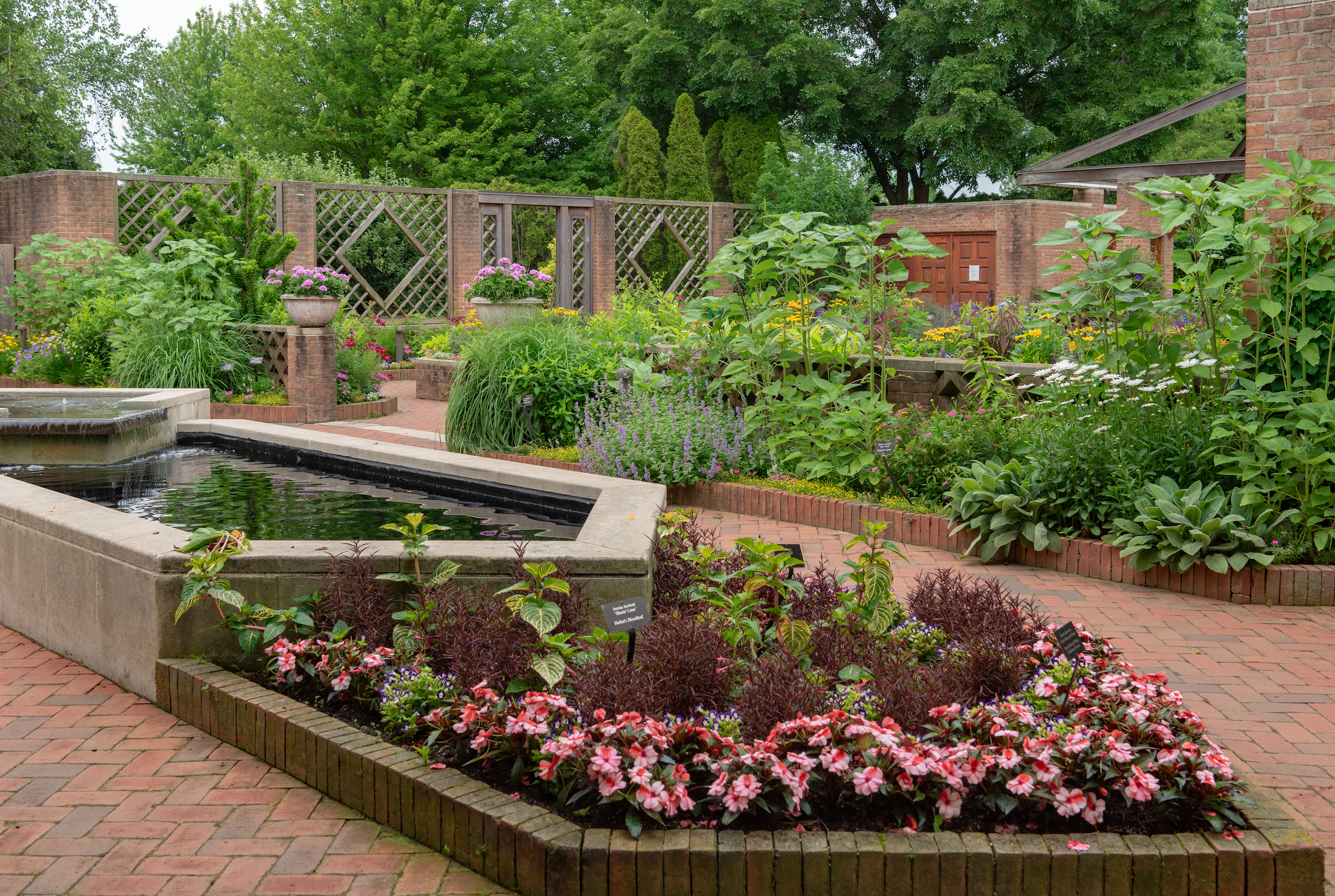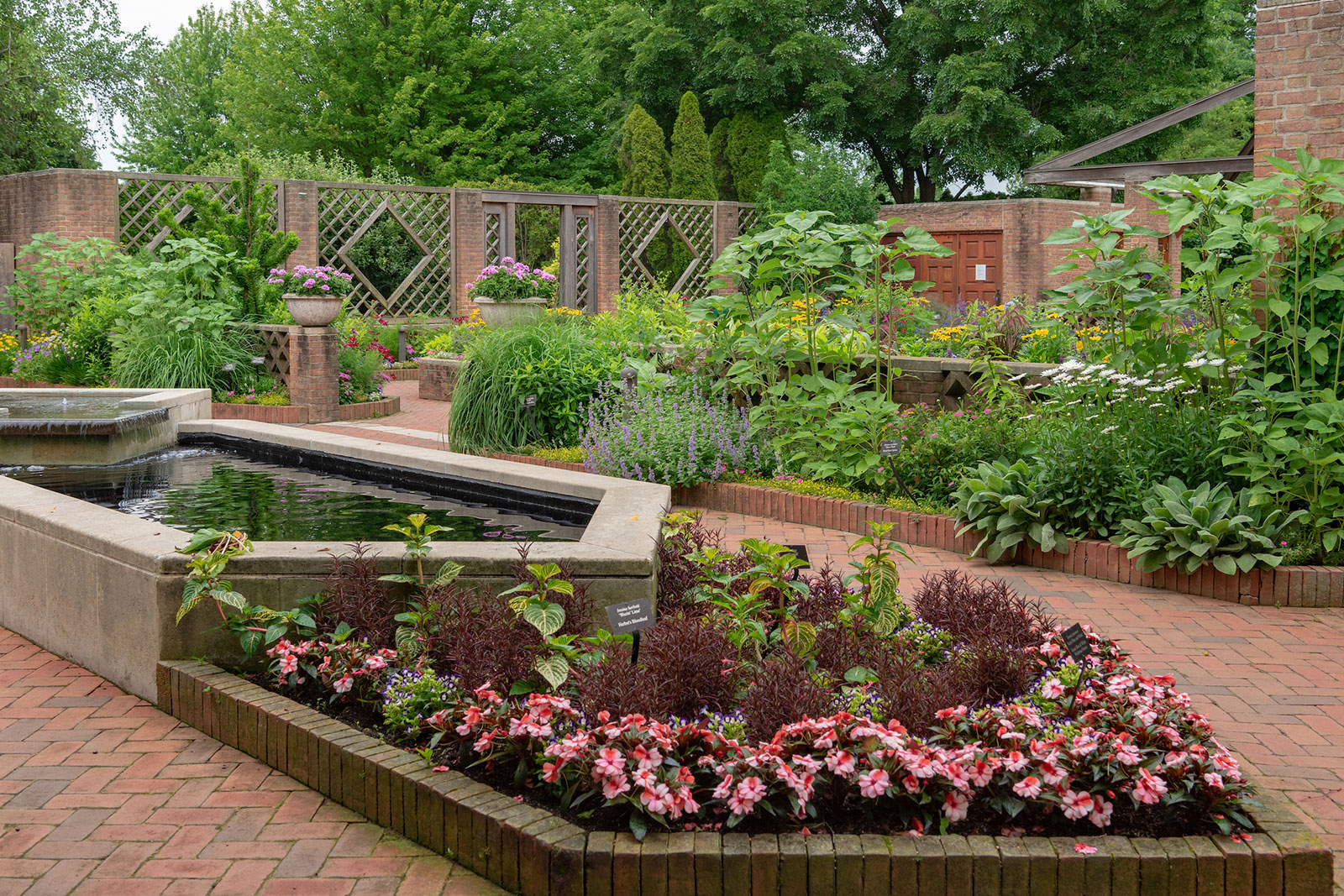Nature’s healing power is no secret these days, but there is one specific time-proven activity blooming as of late. Horticultural therapy is more than simply sitting in a picturesque garden, though that’s certainly part of it. Horticultural therapy combines horticulture—the art of cultivating plants, flowers and vegetables or fruit—and accredited therapy. Moderated by a certified therapist, this type of programming ensures that you’re interacting with natural elements in a meaningful, productive way to promote healing.
The practice has been around for centuries, gaining popularity and credibility in the Western world in the 1940s and 1950s. Originally utilized in conjunction with other therapy for individuals with mental illness, horticultural therapy is now an effective approach for all sorts of people with different goals, from physical rehabilitation to social interaction.
Each garden and its programming is different, but horticultural therapy will generally consist of activities related to plants and nature, such as arranging flowers, sowing or even just looking at a garden. Spending purposeful time in or around green spaces decreases stress and lifts your mood, according to a 2020 study in the journal Ecological Applications that looked at the impact on people’s well-being when exposed to nature during the COVID-19 pandemic in Tokyo. Horticultural therapy encourages direct contact with these spaces to improve participants’ quality of life.
Cancer warriors have found the practice to be especially beneficial. A 2017 study in the journal Supportive Care in Cancer evaluated reactions from patients who were in a hospital’s palliative care ward for advanced cancer. Patients arranged flowers, made herbal salts and designed a wicker basket. Afterwards, they reported feeling elevated, creative and physically active.
Due to research like this, “green care” has become increasingly popular. According to the study, green care is made up of “initiatives that aim to benefit from the healing effects of animals, plants and nature on humans.” Green spaces are immensely useful in hospital settings—for example, even a scenic view from your room can improve healing post-surgery.
In Portland, Oregon, the Legacy Emanuel Medical Center has dedicated time and resources to creating a 6,800 square-foot garden on a second-floor roof of the building. In the Terrace Garden, patients, visiting family members and staff can find solace in an airy sanctuary.
Patients may also utilize the space for horticultural therapy, with rigorous research by the hospital finding that easy access to the garden can help patients leave faster, take less pain medication and suffer fewer complications. The Terrace Garden has subsequently been described as an “international benchmark” in hospital horticultural therapy.
Horticultural therapy isn’t just for inpatient warriors, though. Many onsite programs at gardens across the country are available to create a stimulating and beneficial environment for those interested in getting up close and personal with nature.
A trained professional in a plant-rich environment can provide an opportunity for healing, stress reduction, physical exercise and endless learning.
-Julie McCaffrey, public relations manager at Chicago Botanic Garden
In the Midwest, the Chicago Botanic Garden has offered renowned horticultural therapy services since 1977, situating itself as a world leader in the practice.
“A trained professional in a plant-rich environment can provide an opportunity for healing, stress reduction, physical exercise and endless learning,” says Julie McCaffrey, public relations manager at Chicago Botanic Garden. “Healing happens throughout the process. Plants are selected to engage participants across the sensory spectrum. Grasses for sound, herbs for taste and lambs’ ear for touch, just to name a few.”
The Chicago Botanic Garden believes that using these plants helps participants grow healthier in mind, body and spirit due to the inherent connection between humans and nature.

Programming is offered onsite at the Garden’s Buehler Enabling Garden, specifically designed as an outdoor classroom for people of all ages, abilities and backgrounds to learn about and interact with the thoughtfully chosen greenery as a means to regain lost skills or learn new ones.
“We’ve cultivated a place where nature is universally accessible, especially for those with physical and emotional challenges,” says McCaffrey.
Activities are often gardening-based, encouraging physical activity for participants in addition to spending time in nature. Planting seeds, arranging flowers, harvesting herbs or making foliage art are just some of the projects you will encounter in the Chicago Botanic Garden’s services.
The Chicago Botanic Garden also offers a certificate program for people who may be interested in working as a trained horticultural therapist. In 2017, the program received accreditation from the American Horticultural Therapy Association, which exists to further advance the practice.
This push to advance credible horticultural therapy services is good news for warriors. Broader accessibility to a wide range of nature-focused therapy offerings ensures that warriors all over the country have the opportunity to reap the rewards of horticultural therapy.
Whether it’s a short drive from home or a quick walk from your hospital room, a greener path to well-being is surely being cultivated.
To learn more about horticultural therapy, visit the American Horticultural Therapy Association at ahta.org.







